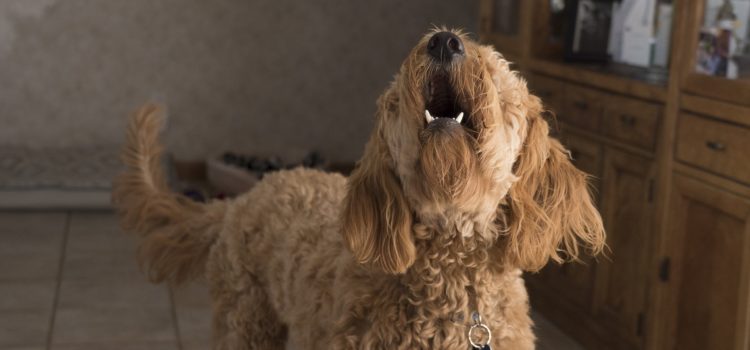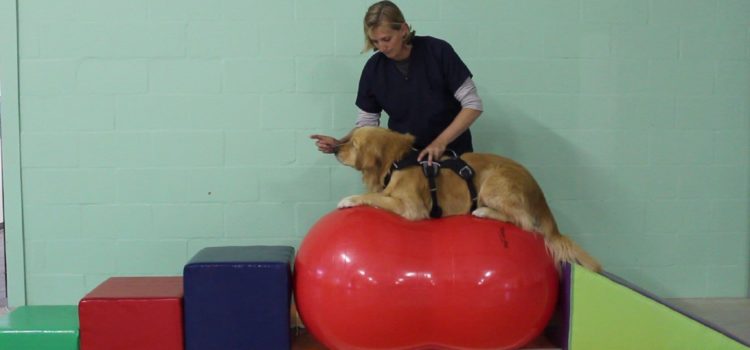Are you considering getting a puppy or know of some one who might be looking for a puppy. The following pointers can assist you in making an informed decision.
* Only take the puppy home at the age of 8 weeks. For reasons visit canineconcepts.co.za/newslist.php and see article ‘Pitfalls of adopting out too soon’.
* Avoid puppies that have been raised in an outdoor kennel or in the back yard only. Puppies that have been raised in the owner’s house, with all the household social happenings, since birth are much more adaptable and sociable as adults.
* Be sure to view the mother and father of the litter, if possible.
* Do not be tempted or talked into taking two puppies at the same time. You could be setting yourself up for a series of potential behaviour problems; however dogs are social animals and need companionship. Best is to obtain a puppy, have him settle in with the rules and structures you provided, train him to be a well adjusted and well mannered pet, and then get your second dog. Chances are good that the second pup will learn from the older dog.
* Try and stay in contact with the breeder and owners of the other litter mates.
* The puppy should be taken to your vet as soon as possible for a check up, de-worming and vaccinations, if due.
* Choose your puppy’s name with consideration. See www.favorite-puppy-names.com
* Who will hold the puppy when you drive home? This is an excellent bonding experience for owner and new dog. Take with the new blanket that the puppy will be sleeping on in his new bed.
* Have you decided where the puppy will sleep the first few weeks? It is best if he can sleep close to you in an en-suit bathroom, closed off with a baby gate or board, or a big open box/puppy pen/crate in your bedroom. Remember he has just left behind all things familiar and safe. He needs your presence to feel safe and secure.
* Have you decided what the puppy will be eating? It is usually best to keep the puppy on the same food that the breeder provided for a period of 5-7 days while at the same time mixing in more and more of the new diet.
* Has the puppy got all the necessary bedding, blankets, bowls, chewy-toys, alone-time-toys, treats, collar/harness, lead and designated alone time area?
* What is the real reason for obtaining a puppy? A companion, a walking-buddy, you love being around dogs and every thing dog, a social status object (i.e. rare breeds), aesthetic value of the breed, a guard dog only, a playmate for children, to teach your child responsibility ? The last five are not good reasons to get a dog, it’s not fair on the dog. Be very sure and honest as to why you want to get a puppy.
* Does everybody in the household want a new dog?
* Do you know all about the breed you are interested in? Have you done some research about the specific breed from different sources? Are you aware of that breed’s possible breed-specific-problems?
* Will the size of your property be appropriate for the breed and size of the dog?
* Do you already have other dogs or cats, or horses, ducks or bunnies on your property? If you do, consider the type of dog that will fit in.
* What is your lifestyle like? Active and sporty, do you go out a lot or do you prefer to laze around the house, do you work long hours away from home? Will this specific breed fit in with your lifestyle and routine?
* Have you thought about how your puppy will spend his time while you are at work? Consider puppy-day-care or a mid-day dog-walker (for fully vaccinated pups), chew toys, food dispensing toys, an elimination area.
* Find out about positive-methods-puppy class availability in your area. Enroll as soon as you know when you are getting your new puppy as some instructors only take a limited number of puppies per class. These classes are critical for your dog to develop into a well adjusted and well mannered family dog. Did you know that by the time your puppy is 16 weeks old he needs to meet at least 100 different people and 100 different dogs to ensure him becoming a well socialised adult dog?
* Are you willing to take the puppy to obedience classes after his puppy course? Will you have the time?
* Does everybody agree about the house-rules for the puppy?
* Does everybody understand and accept their part in the puppy’s education?
* Are you aware that all puppies will dig, chew, whine, bark, mouth, bite, or eliminate in the house at some point? Are you prepared for some destruction? Have you ‘puppy-proofed’ your house?
* Have you considered the full financial implications of owning a dog – puppy classes, obedience classes, good quality food, grooming, if necessary, vaccinations, regular de-worming and tick and flea prevention, bedding, toys, chew toys, sterilization and unexpected medical expenses etc.
* If any unwanted behaviour arises, will you put the effort, time and money into modifying it?
Copyright Claire Grobbelaar



